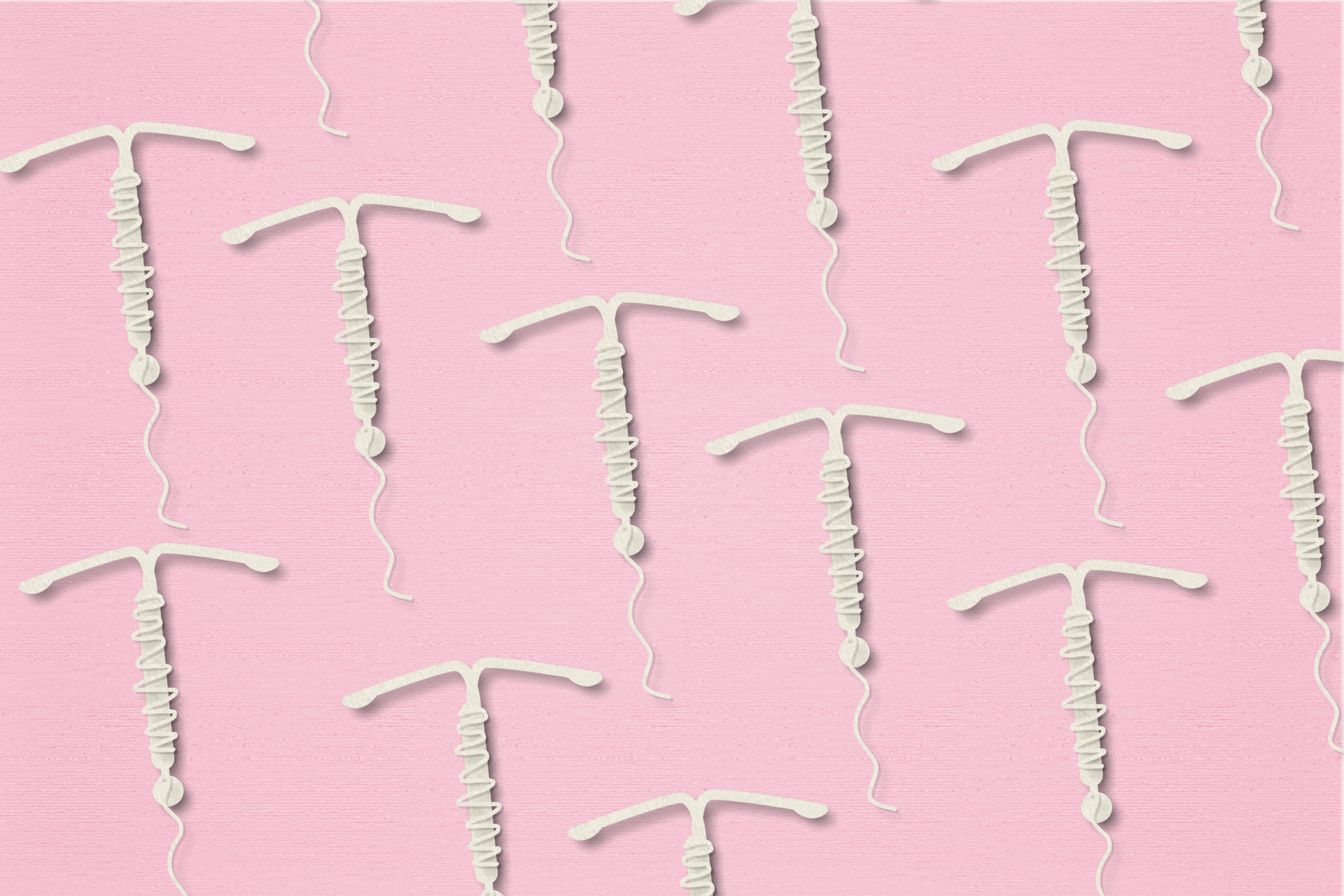Pain relief for IUD fittings should 'always' be offered, say medical experts
In light of a concerning new survey on the long-acting contraceptive device, The Faculty of Sexual and Reproductive Healthcare have updated their guidelines about IUD fittings


Pain relief for people getting an IUD fitted should always be offered, medical experts say.
The Faculty of Sexual and Reproductive Healthcare (FSRH) has updated its guidelines on coil installation and now calls for pain relief to "always" be offered when fitting an IUD (intrauterine device). The recommendations come after the success of an online petition to provide better pain relief for IUD insertions and removals.
43% of respondents rated the pain of IUD procedures as a 7 or higher, with some even likening the process to childbirth or breaking bones
https://www.change.org/p/offer-better-pa
Swansea woman Lucy Cohen launched the appeal following her own negative experience with the long-acting reversible contraceptive (LARC), which is currently used by less than 5% of UK females. The petition found that 43% of respondents rated the pain of IUD procedures as a 7 or higher, with some even likening the process to childbirth or breaking bones.
The women's health issue has received media attention in Britain since BBC Breakfast presenter Naga Munchetty spoke out about the 'excruciating' pain of getting an IUD fitted last month. It's also been a hot topic on the other side of the Atlantic, with the disturbing news of Britney Spears' forced IUD raising important questions over bodily autonomy and reproductive rights in the US.

The recent revelations about Britney Spears' forced IUD shocked the public
In response to the petition, which has gained almost 30,000 signatures, the FSRH amended its position on the provision of pain relief for IUD procedures. On Tuesday, Vice-president Dr. Janet Barter released a comprehensive statement addressing IUDs and pain, advising medics "to create a supportive environment" and "offer appropriate analgesia" when inserting the IUD. For clinics that cannot provide the appropriate pain relief, "referral to another service should be in place."
While the FSRH did not specify what pain relief options should be offered, Lidocaine is currently the most commonly prescribed medication to alleviate discomfort. The anesthetic, which numbs feeling in the skin and tissue, is injected into the cervical canal prior to the insertion. However, the evidence for the effectiveness of the drug in treating IUD pain remains inconcrete. It appears that Lidocaine may reduce the pain of a part of the procedure, rather than all of it. It has not been shown to significantly decrease pain from the actual IUD insertion, but it does appear to ease the discomfort from the placement of the tenaculum (which helps stabilize the cervix during insertion) in women who haven't given birth.
The FSRH also encourages women to express any concerns they may have about their IUD, especially if they are feeling pain during the procedure: “We also need to ensure that the patient is aware that they can request that the procedure stops at any time. It is important to be mindful that some individuals do report severe pain associated with the procedure."
Sign up to our free daily email for the latest royal and entertainment news, interesting opinion, expert advice on styling and beauty trends, and no-nonsense guides to the health and wellness questions you want answered.
IUDs, which are often used as an alternative to the contraceptive pill, are devices inserted into the uterus to prevent pregnancy. They are normally chosen for their convenience and effectiveness, with both the copper and hormonal versions offering 99% protection against conception. They also have a long expiry date, typically lasting anywhere from five to ten years.

Hailing from the lovely city of Dublin, Emma mainly covers the Royal Family and the entertainment world, as well as the occasional health and wellness feature. Always up for a good conversation, she has a passion for interviewing everyone from A-list celebrities to the local GP - or just about anyone who will chat to her, really.
Emma holds an MA in International Journalism from City, University of London, and a BA in English Literature from Trinity College Dublin.